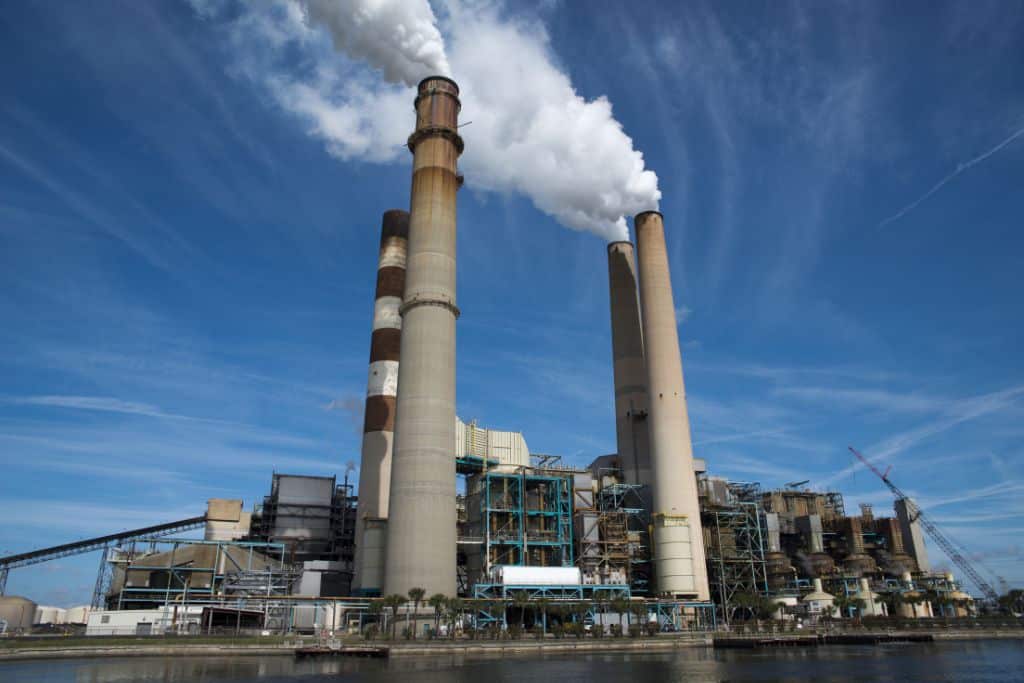The International Energy Agency released analyses on renewables, steel, gas, and hydrogen on Wednesday ahead of his weekend’s G7 summit in Japan, where energy ministers from the world’s largest economies are expected to coordinate efforts to address climate change.
—
In a series of reports and new analyses published ahead of this weekend’s G7 summit in Sapporo, Japan, the International Energy Agency (IEA) has urged countries to halt new gas and oil field projects, suggesting that existing supply is more than enough to meet demand and arguing that this is the only way to keep the 1.5C-compatible Net Zero Emissions (NZE) scenario alive.
Building on findings from the 2022 World Energy Outlook (WEO), the Agency suggested that, “In the NZE Scenario, the reductions in natural gas demand are sufficiently steep that it is possible to meet them, in aggregate, by continued investment in existing assets and already approved projects.”
The reports come as climate and energy ministers from the world’s most advanced economies Canada, France, Germany, Italy, Japan, the United Kingdom, the United States, and the European Union, gather in the Japanese city of Sapporo to coordinate efforts to address climate change and adopt an “action plan” for the stable supply of key minerals.
The new IEA report on natural gas reinforces that gas demand is expected to decline in advanced economies across all scenarios and industries, partly thanks to growing support for and investments in clean energy.
In the US, the Inflation Reduction Act – the country’s single most significant legislation to combat climate change adopted last year – is seen as a key policy to increase incentives to renewables, energy, and biogases. Across the European Union, the Fit for 55 package and additional ambitious climate policies have already contributed to a drop in natural gas demand of about 20% below 2021 levels. And in energy-poor Japan, focus on low-emissions fuels like ammonia and hydrogen as well as incentives to restart nuclear are expected to lead to a drop in liquified natural gas (LNG) demand of as much as 40% below 2021 levels by the end of the decade.
Despite this, drafts of a text to be agreed upon by G7 ministers this weekend suggest that they might endorse new gas investments, a move that would contradict last year’s G7 commitments to end public finance for fossil fuels by the end of 2022, when ministers acknowledged for the first time that such subsidies are incompatible with Paris Agreement targets and the 1.5C pathway.
G7 public finance for fossil fuels between 2020 and 2022 totalled at least US$73 billion, which is 2.6 times their clean energy support over the same period.
“Last year, the G7 made a groundbreaking commitment to end international public finance for fossil fuels by the end of 2022 and instead prioritise finance for clean energy, ” said Laurie van der Burg, Campaign Manager Global Public Finance at Oil Change International. “Today’s IEA analysis reinforces that for the G7 not to jeopardise the 1.5C global warming limit, they must not backslide on this commitment by endorsing new gas investments … [but rather] reiterate and uphold last year’s commitment to end this financing,”
Meanwhile, G7 member states have pushed back on the host country’s energy strategy, challenging its decision to invest in ammonia as a low-carbon energy source which, despite not being a greenhouse gas, heavily relies on fossil fuels for its production.
As reflected in draft communique documents circulated ahead of the summit, Japan is still reluctant to move away from carbon-intensive energy sources, as it expects demand for LNG to grow in the coming years.
“As G7 President, Japan should be leading efforts to end fossil fuel finance and support the urgent transition to renewable energy. Instead, [the country] is doubling down on fossil fuels and is using the G7 to promote Japanese industry, undermining meaningful action to mitigate the climate and energy crises,” said Oil Change International’s Asia Program Manager Susanne Wong.
Featured image by Georgina Coupe/Flickr
You might also like: G7 Leaders Soften Commitments to End Fossil Fuel Investments Amid Energy Crisis
EO’s Position: The current energy crisis may be hindering the current pace of global green transition, forcing countries to step up their fossil fuel production. But there is no doubt that the only way the world will ever truly achieve energy independence is to phase out fossil fuels altogether. Ending fossil fuel subsidies is a start, but the only sustainable long-term solution is to eliminate coal production completely and scale up renewables.


















